Welcome to the minimalist lifestyle, where less is definitely more. In today’s world, we often find ourselves wanting more and more. But embracing a minimalist way of living can bring peace, meaning, and happiness to your life. Choosing to have fewer things and focusing on what’s important leads to a neater, less stressful, and happier existence.
Minimalist living isn’t just about getting rid of stuff. It’s about changing how you think and live. It means cutting back on wanting everything and finding joy in the simple things. This might involve changing how you shop, making your daily life simpler, or having a home that’s all about calmness. All these steps help you focus on what really makes you happy and content.
Key Takeaways:
- Minimalist living involves owning fewer possessions and embracing simplicity.
- It’s about intentionally choosing what adds value to your life and letting go of things that don’t.
- Mindful consumption and organized living are central to a minimalist lifestyle.
- By adopting a minimalist mindset, you can create a more fulfilling life with less.
- Minimalist living promotes a sense of calm, purpose, and contentment.
Why Become a Minimalist? Asking the Right Questions
Before you start your minimalist journey, it’s key to know why you’re doing it. Ask yourself, “Why do I want to simplify my life?” and “What fears do I have about becoming a minimalist?” These will uncover your true motives and set your goals.
Knowing why you’re choosing minimalism keeps you motivated. Also, find the right pace for you and get support from people or resources who get it.
To kick things off, think about these:
What are your aspirations for intentional living?
Imagine the life you want. Is it filled with more experiences than stuff? Choosing what matters most to you is what intentional living is all about.
How can minimalism simplify your life?
Look at what’s too much in your life. Cutting down on clutter and too many commitments brings clarity and frees up space.
What benefits do you expect from adopting a minimalist mindset?
Think about the good changes coming your way. Want peace, less money worries, or to feel like you’re truly living? Knowing these perks helps keep you on track.
Digging into these questions helps you make mindful choices that fit your minimalist path. Remember, there’s no single way to minimalism. Trust in your journey and enjoy growing through it!
Real Life Examples
Here are how some folks have found joy in minimalism:
“Minimalism has allowed me to focus on what truly brings me joy. By owning less, I have more time and energy for the relationships and experiences that matter most.” – Sarah, minimalist enthusiast
“Through minimalism, I have learned to appreciate the simple pleasures in life. Letting go of material possessions has brought me a sense of freedom and contentment that I never thought possible.” – Mark, minimalist advocate
These tales show how minimalism can change lives, bringing focus to what truly matters.
Building a Support System for Minimalist Living
It’s key to have a supportive community when choosing a minimalist lifestyle. Not everyone may get or back your choice. But, finding online groups, reading books, and checking out blogs can help. The Simplicity Space, Minimalism: A Documentary about the Important Things, and Becoming Minimalist are great places to start. A strong network will keep you driven and linked to minimalism.
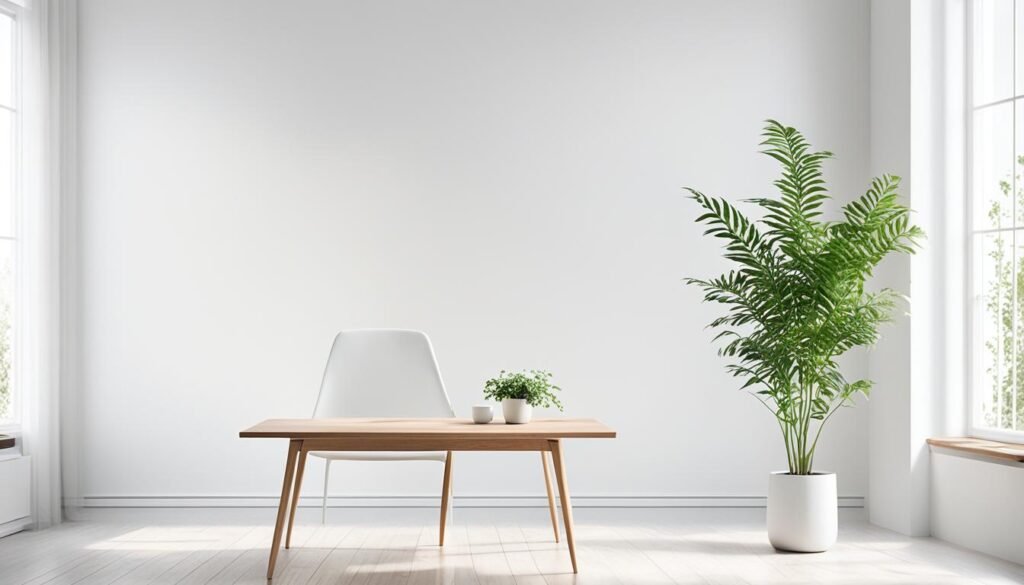
Online Communities for Minimalist Support
Online groups for minimalist living connect you with others on the same path. These spots let you share stories, ask questions, and get advice. They make staying on track, discovering new ways, and pushing through tough times easier.
Books and Blogs on Minimalism
Books and blogs on minimalism give you good tips, insights, and inspiration. They teach you about clutter-cutting, minimalist thinking, and making wise choices. Using the tales and tips from successful minimalists can help a lot.
“Minimalism is about intentionality, not deprivation. Surround yourself with resources that support your minimalist lifestyle.”
Finding Inspiration in Documentaries
Minimalist films show the good and hard parts of living simply. Movies like Minimalism: A Documentary about the Important Things show real people and their minimalist choices. They can push you to seek more meaning by living simpler.
Cultivating a Minimalist Community
Creating a minimalist network means connecting with folks who get it. Try going to local minimalist meetups, workshops, or retreats. Talk to family and friends open to simpler living. This helps build a support circle that helps your minimalist path.
| Resources | Description |
|---|---|
| The Simplicity Space | A comprehensive online platform that offers courses, forums, and resources for individuals seeking to simplify their lives. |
| Minimalism: A Documentary about the Important Things | A thought-provoking documentary that explores the benefits of minimalist living and its impact on individuals and society. |
| Becoming Minimalist | A popular blog by Joshua Becker, the author of “The More of Less,” which shares practical advice for embracing a minimalist lifestyle. |
Encouraging Minimalism in Your Relationships
Choosing a minimalist lifestyle is a personal journey. You can influence your family and friends to join you. Lead by example and talk openly about it. This way, you can spread the joy of minimalism in your relationships. Here are tips to get your loved ones onboard:
- Live Joyfully with Less: Show how fewer things can mean more happiness. Demonstrate that less stuff can bring freedom and contentment.
- Organize Minimalist Scavenger Hunts: Make decluttering fun for your family. Have a scavenger hunt for items that aren’t needed anymore. This encourages everyone to let go of what they don’t need.
- Collaborate on Creating a Minimalist Home: Let your loved ones help make a minimalist home. Their ideas and choices matter. This makes them feel part of the change.
- Share the Advantages of Minimalism: Talk about how minimalism can be beneficial. Say owning less can reduce stress, help focus, and make room for experiences and relationships.
“Minimalism is not about deprivation; it’s about intentionally choosing what adds value to your life.”
Remember to lead by example and respect others’ views on minimalism. Everyone’s journey to minimalism is different. Forcing it on others can cause resistance. By living a minimalist life and creating a welcoming space, you can inspire others to see its benefits.
Inspiring Quotes
“The secret of happiness, you see, is not found in seeking more, but in developing the capacity to enjoy less.” – Socrates
“The more you have, the more you are occupied. The less you have, the more free you are.” – Mother Teresa
Minimalist Relationships: Quality over Quantity
Minimalism in relationships means deeper connections and more quality time. Focus on building strong relationships:
- Embrace Quality Time: Spend quality time with loved ones. Have deep conversations, take walks, or enjoy hobbies together.
- Simplify Social Engagements: Choose social events that match your values. Say no to things that don’t bring joy or enrich your life.
Minimalist Scavenger Hunt Checklist
| Item | Reason to Let Go |
|---|---|
| Unused kitchen gadgets | To create more space and reduce clutter in the kitchen |
| Clothing that doesn’t bring joy | To create a streamlined and intentional wardrobe |
| Old magazines and books | To declutter shelves and free up mental space |
| Excess home decor | To create a minimalist and serene living environment |
| Expired pantry items | To maintain an organized and efficient kitchen |
Encouraging minimalism in your relationships comes from sharing its benefits and setting an example. Start your minimalist journey, and let others find motivation in your purposeful living.
Taking Small Steps Towards Minimalism
Moving to a minimalist lifestyle can be easy and not overwhelming. By adding simple habits to your day, you can slowly start living more simply. Here are 7 small steps to help you begin minimalism:
- Declutter one area at a time: Start your journey by focusing on one spot in your house. It could be a drawer, a shelf, or just a small corner. Doing this helps you concentrate on one area without feeling stressed.
- Adopt a “one in, one out” rule: Whenever you get something new, get rid of an old item. This keeps your space balanced and free of clutter.
- Create a minimalist morning routine: Make your mornings simpler by doing only what makes you happy. Enjoy your coffee, practice being mindful, or do a quick workout.
- Experiment with a minimalist wardrobe: Try having fewer clothes by starting a capsule wardrobe. Pick clothes that go well together. This makes choosing outfits easier and simplifies your life.
- Practice digital decluttering: Clean up your digital life by sorting files, deleting old apps, and unsubscribing from emails you don’t need. This reduces digital clutter and makes you feel calmer.
- Try a minimalist challenge: Do a minimalist challenge to motivate yourself. It could be not shopping for a month or living with less for 30 days. It’s about trying new things and thinking about what you really need.
- Live without something for a set period of time: Pick something you use every day and try not using it for a while. This shows you what you can live without, helping you let go of things you don’t need.
Minimalism is all about the path, not the end goal. Go at your own pace. Celebrate the small achievements you make towards a more purposeful life. These little changes add up to a big difference.

| Benefits of Minimalism |
|---|
| Simplified living environment |
| Reduced stress |
| Increased focus and productivity |
| Enhanced creativity |
| Clarity of mind |
| Freedom from materialistic attachments |
| Improved financial well-being |
Embracing Minimalism as a Mindset
Minimalism is more than just getting rid of stuff; it’s about choosing simplicity and what really matters. By choosing a minimalist mindset, you focus on the important things in life, not just things.
This change lets you find simplicity within your life and choose intentional living. You’ll stop running after stuff and instead, enjoy activities and relationships that make you happy.
“Simplicity is the ultimate sophistication.” – Leonardo da Vinci
Choosing to live mindfully and simply has many perks. It connects you more with yourself and others. Living simply makes for stronger bonds and memorable moments.
Also, being minimal reduces stress. It gets rid of chaos from too many things. You free up your mind from always wanting more, focusing instead on what’s meaningful.
Intentional living lets you use your time, energy, and money on what truly aligns with your values and brings you joy. You live based on your own choices, not others’ demands.
Choosing minimalism reshapes your life into something more meaningful and purposeful. It helps you appreciate now and be thankful for the small joys. By aiming for real happiness, you can live on purpose, making a life true to your ideals.
The Benefits of Embracing a Minimalist Mindset
| Benefits of a Minimalist Mindset | Explanation |
|---|---|
| Reduced stress | Letting go of what you don’t need cuts stress significantly. You focus on what’s important. |
| Increased focus | With less around to distract you, you can better aim at your goals, boosting productivity. |
| Enhanced well-being | Minimalism means a tidy, calm space, making you feel more at peace and relaxed. |
| Greater gratitude | It teaches you to love the little things and find joy in simple moments. |
| Freedom from consumerism | It frees you from always wanting more. You find happiness in what you have. |
Embracing this mindset opens up the joy of simple living. It’s not just about less clutter. It’s about living with what you love, bringing you joy and focusing on what counts.
Finding Balance in Minimalism
Adopting a minimalist lifestyle comes with many benefits. Yet, it’s crucial to find a balance. Falling into endless decluttering can distract us. Minimalism should improve our life, not be the goal. It’s vital to find harmony by focusing on work-life balance and intentional living.
Minimalism attracts those looking for simplicity and intention. But only focusing on decluttering can make us overlook important life areas. The true aim of minimalism is to build a meaningful life that reflects our values.
Keeping a good work-life balance is key in minimalism. Don’t let minimalism take over your life. Maintain a healthy divide between work and personal time. This allows you to relax and take care of yourself. Establish routines that support your professional and personal aims.
Living with intention is crucial for balance in minimalism. Reflect on what truly matters to you. Shape your life around your priorities, not distractions. Intentional living helps make room for joyous activities and relationships.
Don’t ignore rest and self-care in your minimalist path. In our quest for simplicity, taking breaks and self-care can get forgotten. Make sure to rest and do things that revitalize you. Getting good sleep is also vital for a sound mind.
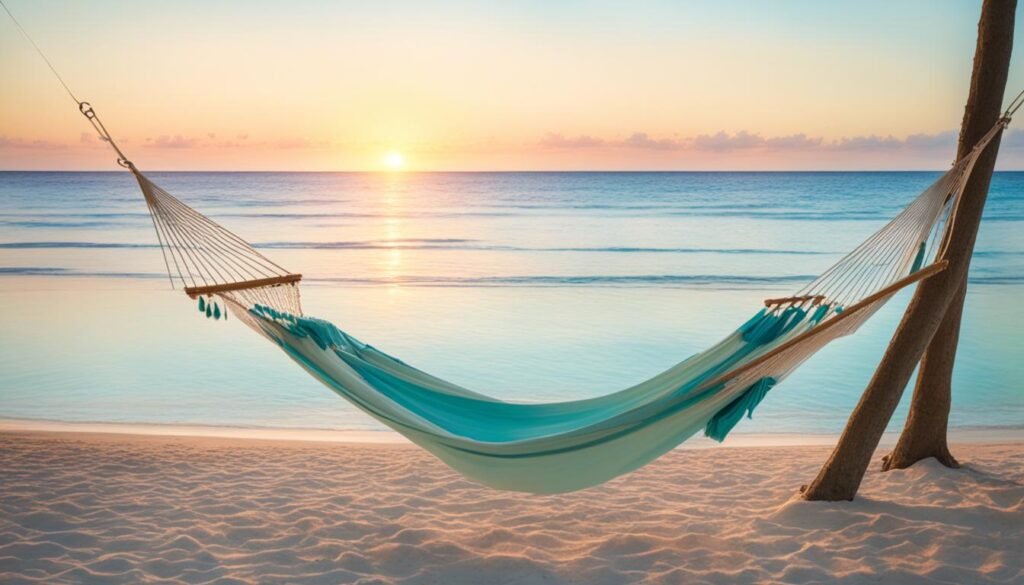
“Finding balance in minimalism means understanding that simplicity is not just about physical possessions, but about creating a life that is in tune with your values and well-being.” – Unknown
To find balance, focus on work-life balance, living intentionally, and resting well. Everybody’s journey is unique. Be open to adjusting your path as needed. A balanced minimalist lifestyle lets you live a meaningful life that’s true to your values.
The Transformative Power of Minimalist Living
Minimalist living offers many benefits that can change your life deeply. By simplifying your life, you can lower stress and heighten focus. You’ll also find more joy in your daily life.
One big plus of minimalist living is focusing on what’s important. Decluttering lets you value joy-bringing things and relations more. This focus helps you live in the moment and cherish what you have.
“Minimalism is the art of knowing how much is just enough.” – Anonymous
Minimalism lets you escape endless buying and wanting more. Being mindful about what you buy ensures it matches your values. This way, you save time, energy, and money for meaningful pursuits.
Minimalist living changes how you view and approach life. It helps you focus on essentials, cut distractions, and pursue real happiness.
By choosing minimalism, you live on your own terms, free from society’s “more is better” push. It helps you find happiness in simplicity. You get to redefine success and live a life true to your values.
The Benefits of Minimalist Living:
- Reduced stress and overwhelm
- Increased focus and productivity
- Enhanced clarity and decision-making
- Improved financial well-being
- Better physical and mental health
- Greater environmental consciousness
- Deeper appreciation for the present moment
- Opportunity for personal growth and self-discovery
Starting a minimalist lifestyle takes time and work. Begin with small steps, like decluttering one space at a time. Make your shopping habits more mindful too. As you embrace minimalism, you’ll see its positive impact on your entire life.
Conclusion
Minimalist living is a way to find peace and purpose. It helps you clean out your space and mind. This lets you focus on what really matters to you.
Living simply touches every part of your life. It makes you intentional about your choices. This leads to happiness and personal growth.
We’ve looked at how minimalism can lower stress and make you more mindful. Remember, embracing minimalism is a continuing journey. It’s about choosing what’s truly important to you.
Begin by organizing your space. Then, slowly adopt habits of buying less. Embrace a simple life and choose experiences that mean a lot.
By doing this, you’ll reap the benefits of a minimalist life. You’ll create a calm, happy space. And you’ll live in a way that matches your deepest values.
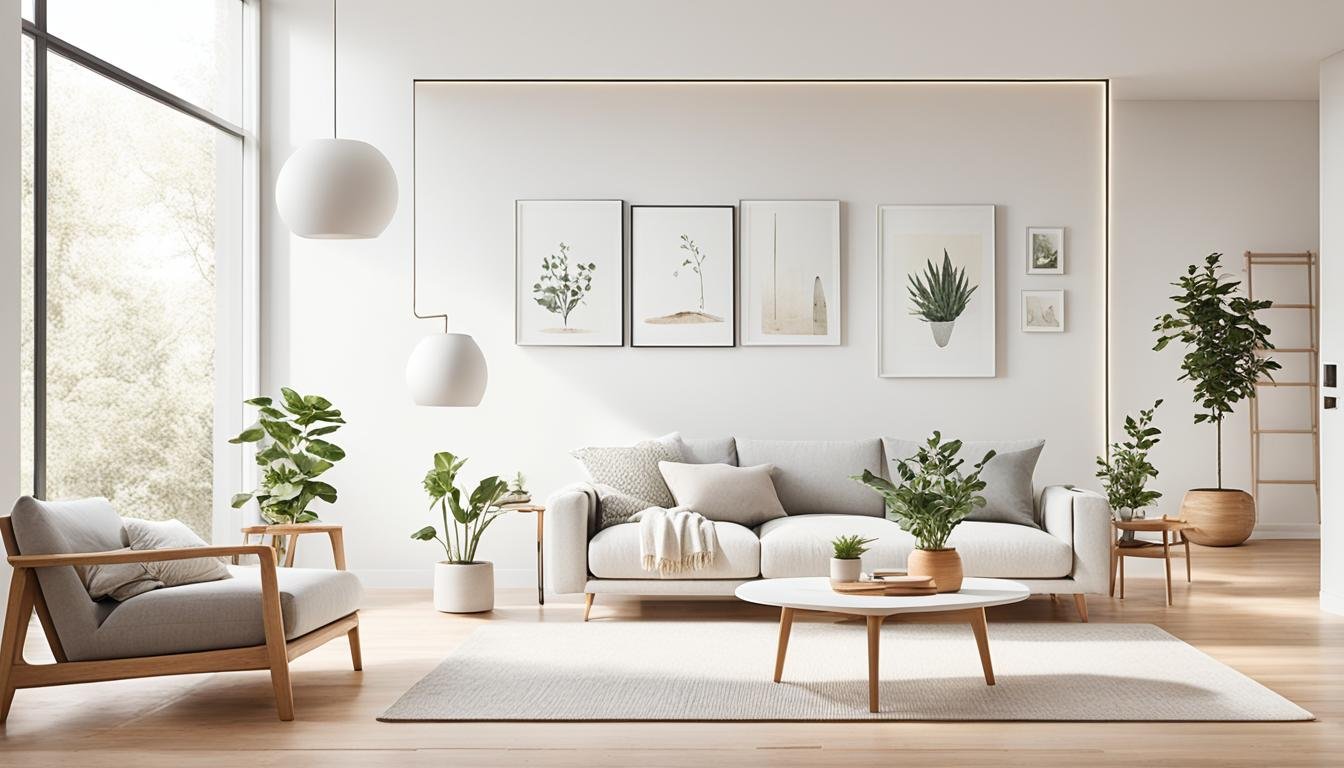
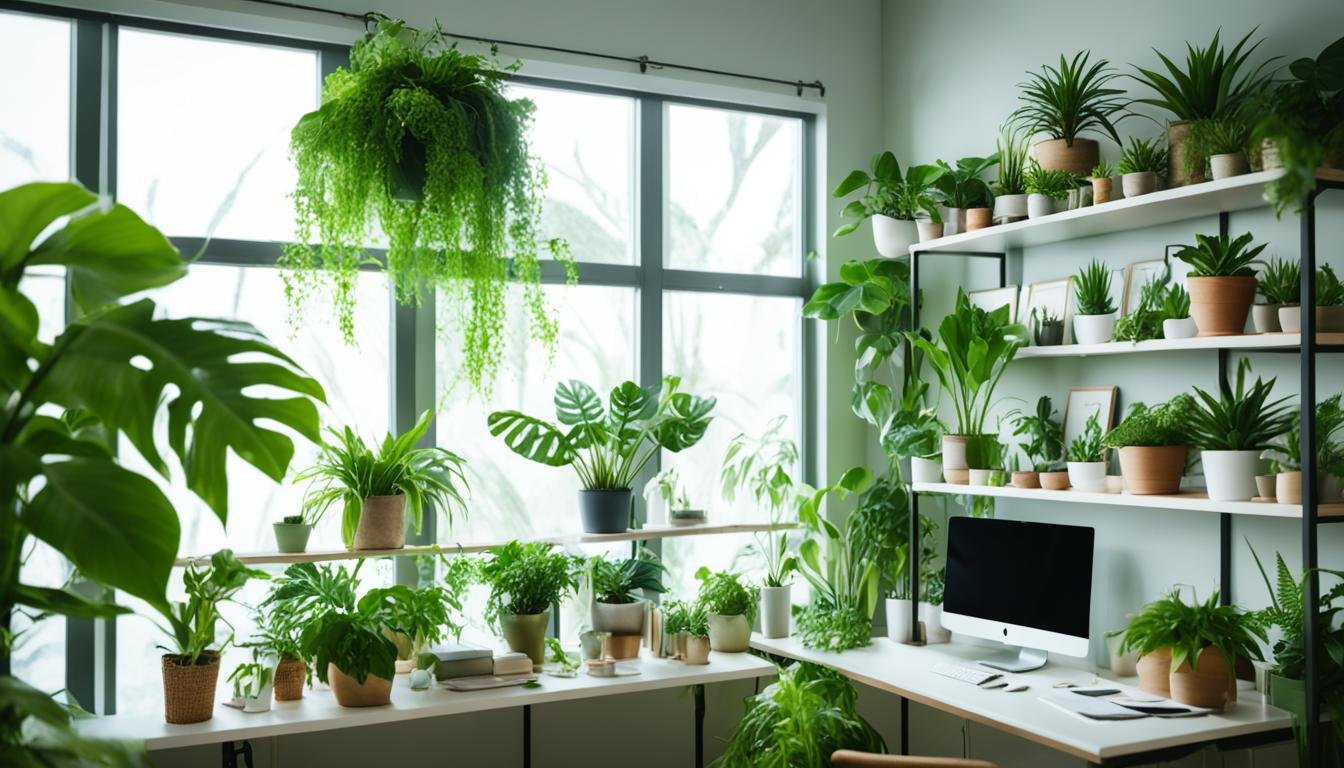
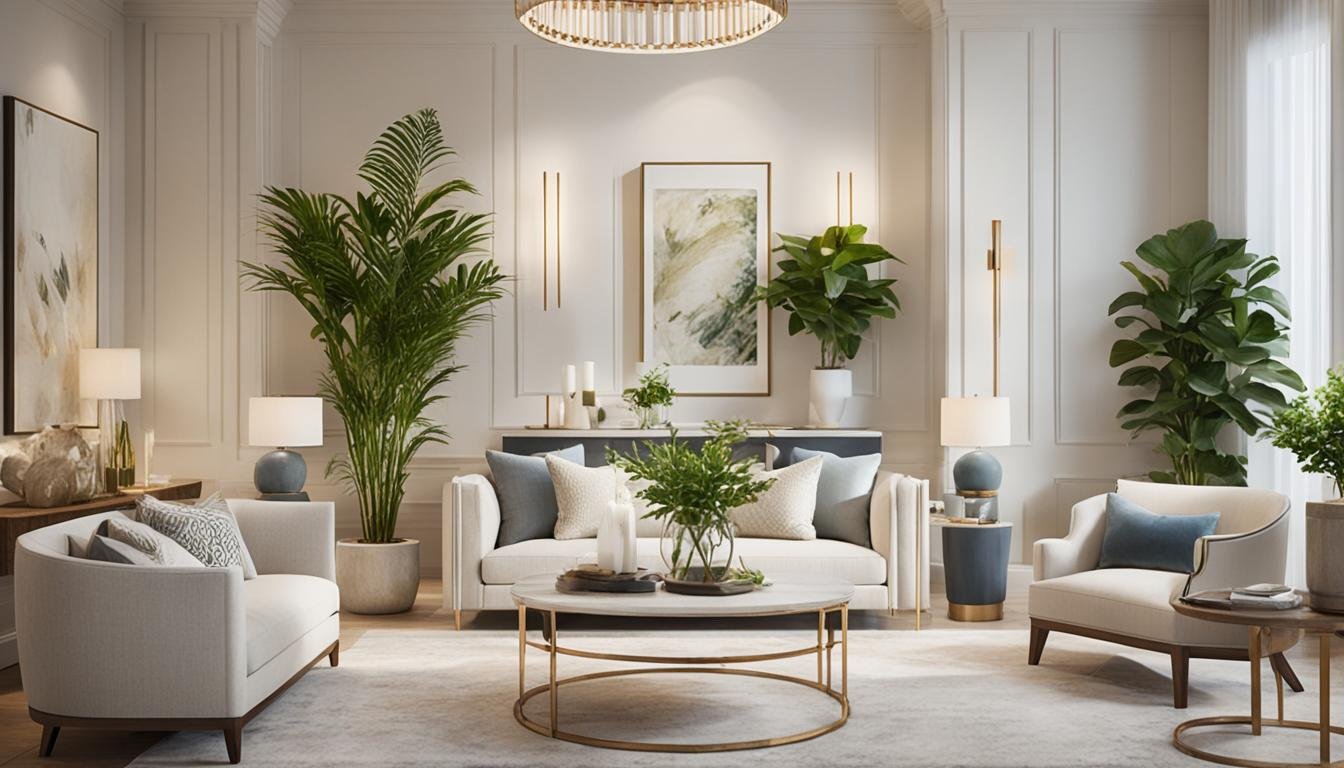
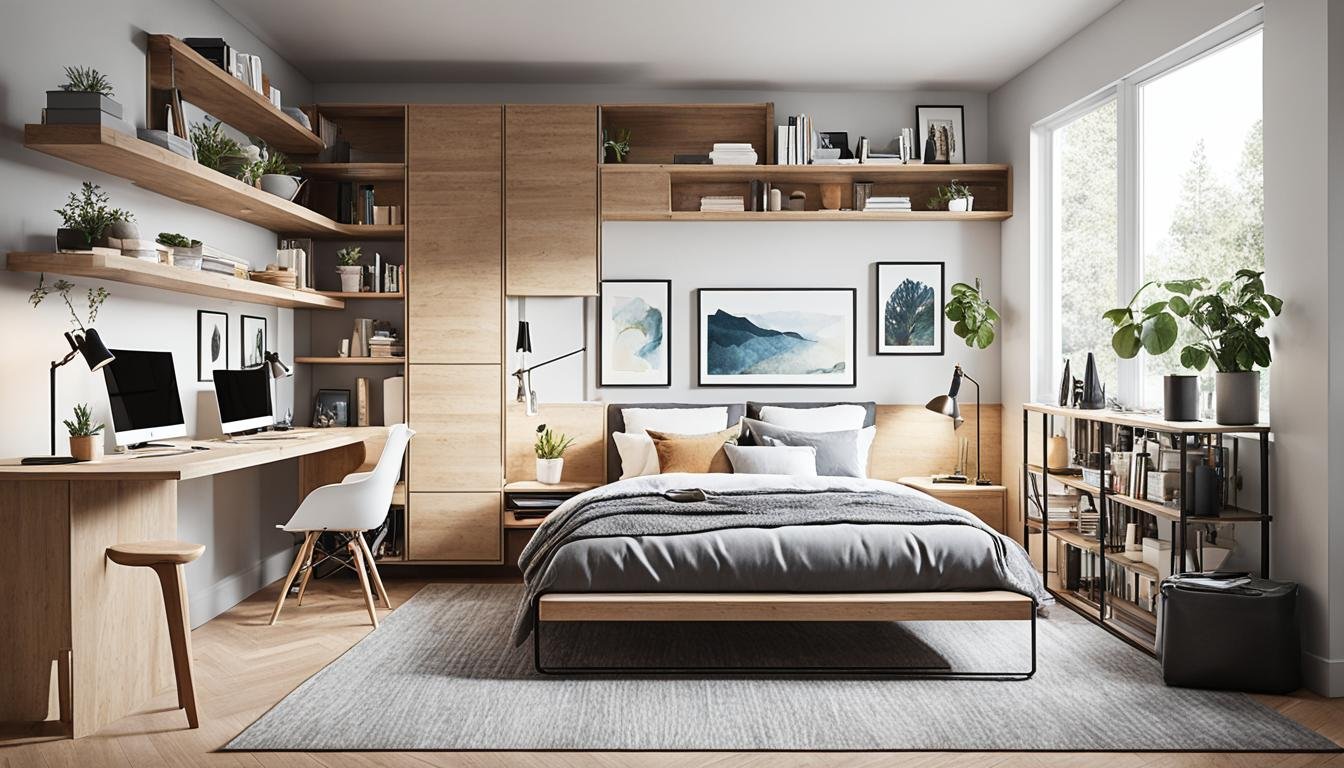
Leave a Reply